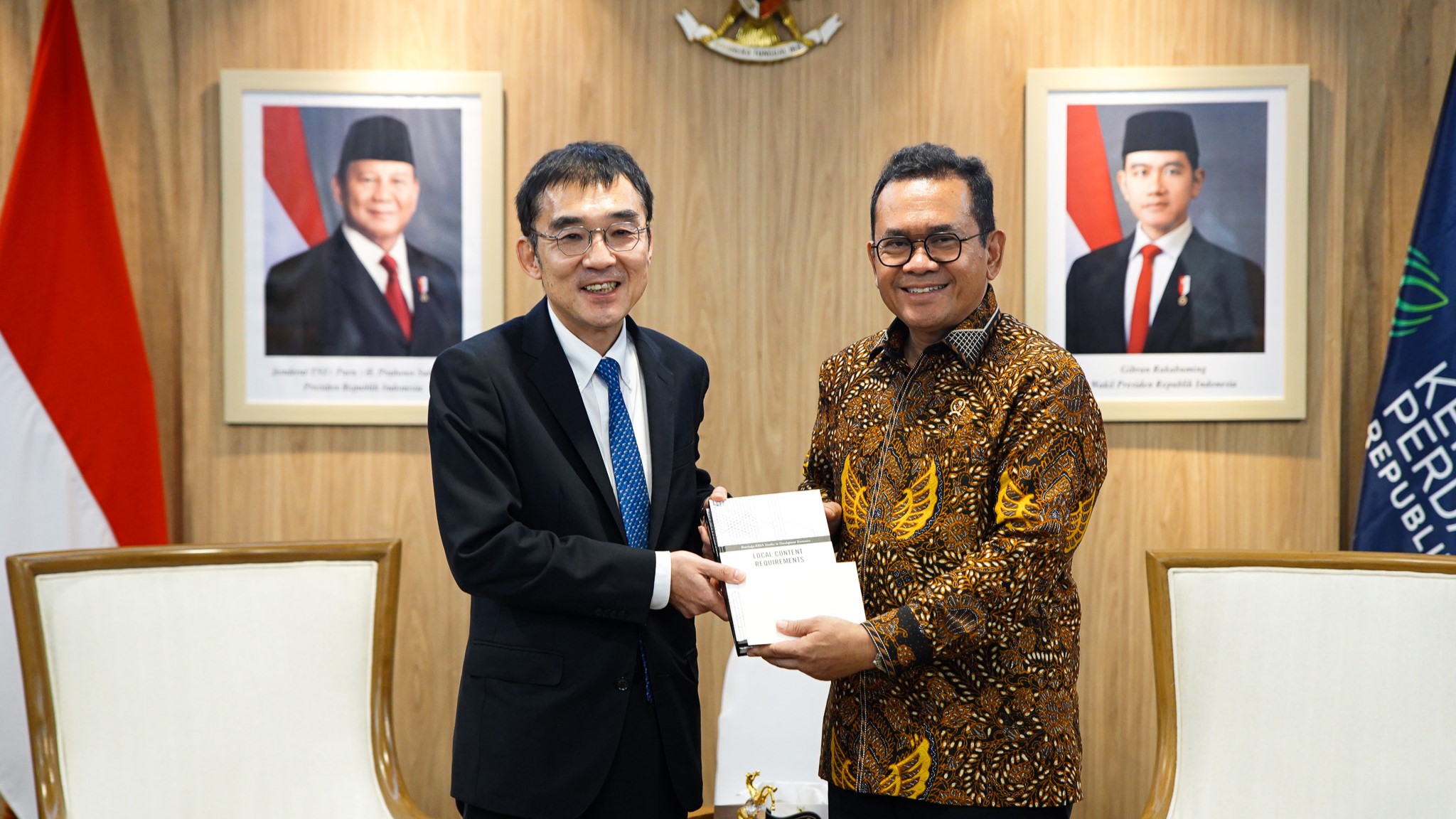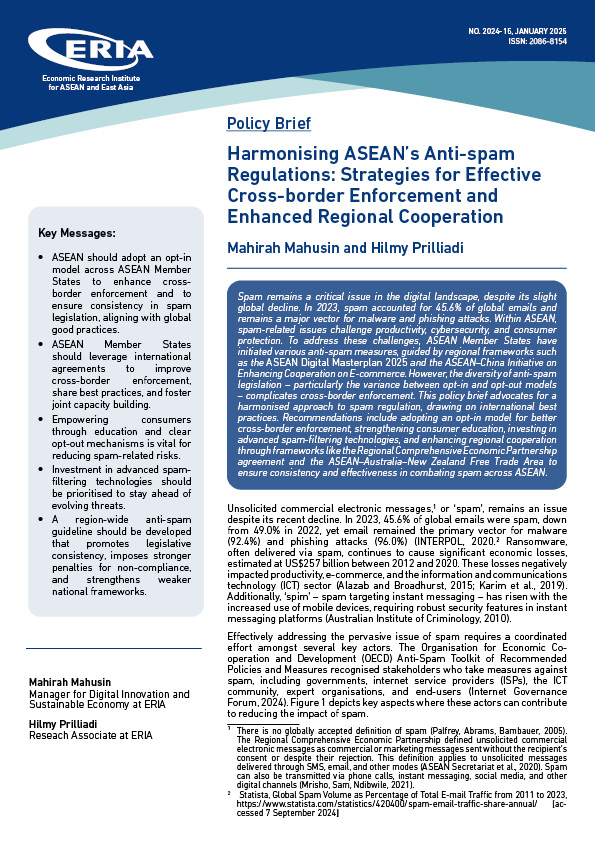Announcement of the Winners of the 4th Asia Cosmopolitan Awards
Date:
18 October 2018Category:
News, Press ReleasesShare Article:
Print Article:
| Grand Prize | Yasuo Fukuda |
| Economic and Social Science Prize | Richard E. Baldwin Professor of International Economics at the Graduate Institute in Geneva |
| Cultural Prize | teamLab Mieko Noguchi |
| Memorable Prize | Surin Pitsuwan (1949-2017) Former Secretary General of ASEAN |
The Asia Cosmopolitan Awards Selection Committee is proud to announce the winners of the Grand Prize, the Economic and Social Science, the Cultural Prize, and the Memorable Prize of the 4th Asia Cosmopolitan Awards (ACA).
This award aims to recognise on a biennial basis individual(s) or organisation(s) that have made substantial and significant contributions to the development of a peaceful and stable East Asian Community, to narrow the developmental gaps in the region, as well as to establish the sustainable social growth towards cultural and economic integration within East Asia.
The Selection Committee of the ACA is composed of distinguished representatives of several East Asian countries from various backgrounds. According to Prof Hidetoshi Nishimura, President of the Economic Research Institute for ASEAN and East Asia (ERIA), the 'awards strive to become the East Asian Nobel Prize.'
The Nara Forum 2019 will be held on 10 January 2019 to congratulate the laureates. This event will feature awarding ceremony, commemorative keynote speech, and dialogues by the laureates. We cordially welcome your participation. Details will be announced later on Nara Prefecture website.
Laureates of the 4th Asia Cosmopolitan Awards
Grand Prize | |
 | Yasuo Fukuda Born in 1936 in Takasaki, Gunma Pref., HE Mr Yasuo Fukuda grew up in Tokyo. After serving as a secretary for his father Takeo Fukuda for 14 years, he ran in the election of members for the House of Representatives in 1990 in the former Gunma 3rd district and was victorious. In the second Mori Administration, he served as Chief Cabinet Secretary, and in September 2007 was inaugurated as Japan’s 91st Prime Minister. During his term of office, he presented the Japanese government’s new diplomatic principles toward the Asia-Pacific region based on the Fukuda Doctrine, the fundamentals of Japanese diplomacy toward Southeast Asia. Focusing on diplomacy toward Asia, he expressed the Japanese government’s support for the ASEAN Community concept, promoted by ASEAN members. He was also instrumental in helping to establish the Economic Research Institute for ASEAN and East Asia (ERIA). |
Economic and Social Science Prize | |
 | Richard E. Baldwin Born in 1958, he has been professor of International Economics at the Graduate Institute in Geneva since 1991. In 1990, he became a senior staff economist for the President’s Council of Economic Advisors in the Bush (the Elder) administration. He served as an advisor in many administrations and various bodies including the European Commission, OECD, and EFTA. Baldwin saw the development of an international production network as a shift, realized by the ICT revolution, from international division of labor in units of industries to international division of labor in units of production processes and tasks, providing the theoretical basis for the concept of connectivity in ASEAN. Regarded for his prospects for ideal visions of the future for industrial and trade policies and economic integration, his views on the global economy have great influence on government officials in Asia. |
Cultural Prize | |
 | teamLab teamLab, which began its activities in 2001, is an interdisciplinary group of ultra-technologists whose collaborative creation seeks to navigate the confluence of art, science, technology, design and the natural world. Various specialists such as artists, programmers, engineers, CG animators, mathematicians and architects, including Toshiyuki Inoko, president and CEO of teamLab. Believing that there are no boundaries between oneself and nature, or between oneself and the world, teamLab aims to explore new relationships between humans and nature and between oneself and the world through art. Their works are in the permanent collection of the Asian Art Museum of San Francisco (San Francisco), the Asia Society Museum (New York), and other museums. |
 | Mieko Noguchi She was born in 1969 in Kanagawa Pref. Her involvement in glass production began as a student of the Arts and Crafts Design Course of Musashino Art University Junior College of Art and Design. In 1991, she graduated from the school and joined the glassblowing studio Yokohama Glass. In 2004, she established the glassblowing studio Fusion Factory Noguchi Glass Co., Ltd. in Fujisawa, Kanagawa Pref. She created artworks originally designed for Cirque du Soleil’s ZED Museum and Fairmont Jakarta. In 2013, she held a charity exhibition in cooperation with a facility for autism patients in Bogor, Indonesia. Since then, she has held the event annually. In 2018, she created a work commemorating the 45th anniversary of Japan–ASEAN friendship. As a work representing Japan, it is stored in the ASEAN Gallery in Jakarta. |
Memorable Prize | |
 | Surin Pitsuwan (1949-2017) Dr Surin Pitsuwan was born in 1949 in Nakhon Si Thammarat Province, in the Kingdom of Thailand. After serving as a lecturer in the Faculty of Political Science at Thammasat University and vice president of the university, he was elected as a member of parliament of the Kingdom of Thailand in 1986. He served as minister for foreign affairs of Thailand from 1997 to 2001, and as a member of the National Legislative Assembly, Thailand from 2006 to 2007. Becoming secretary-general of ASEAN in 2008, he raised ASEAN’s global presence to an unprecedented level, and established ties between ASEAN and the rest of the world. During his tenure as ASEAN’s secretary-general, Dr Surin made significant contributions toward ASEAN’s development through his passion in augmenting interactions with civil society organizations as part of his efforts to realize a people-centered community, and by frequently giving speeches on regional integration in East Asia at various international conferences. |








